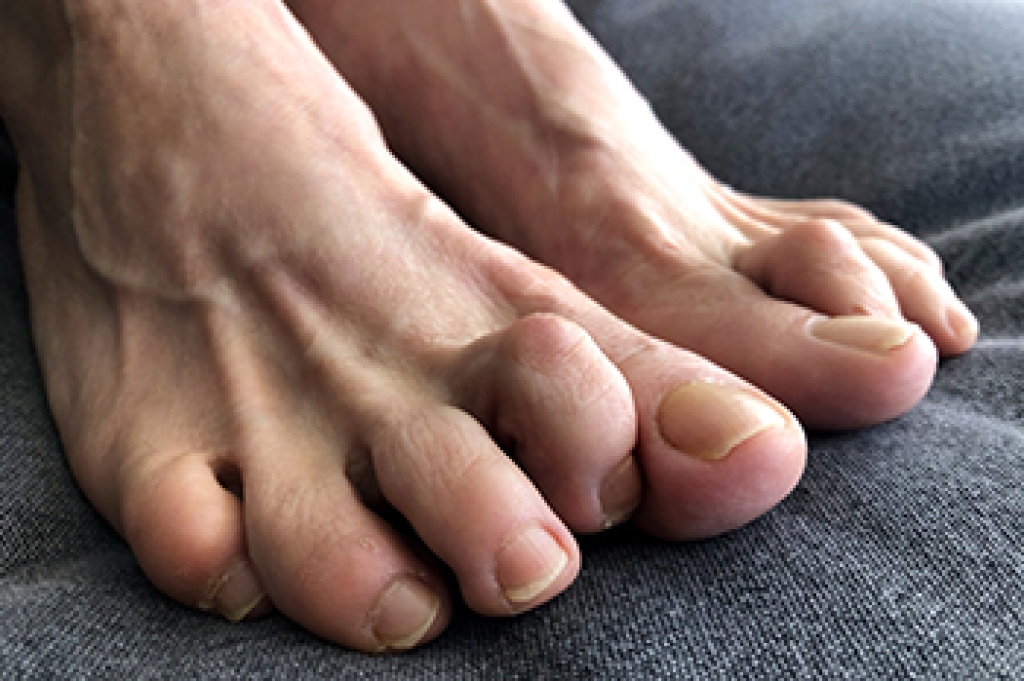
Hammertoe, a common foot condition, occurs when one or more toes bend abnormally at the middle joint, resembling a hammer. This condition can be caused by various factors, including wearing tight footwear that crowds the toes, having imbalanced muscles or foot abnormalities, and arthritis. Fortunately, there are exercises that can help alleviate discomfort and prevent further progression. Toe stretches, where you gently pull each toe to stretch and relax the tendons, can be beneficial. Rolling a tennis ball or cylindrical object under the arches of your feet can also help strengthen the muscles. Additionally, picking up small objects using your toes encourages flexibility and dexterity. Regularly practicing these exercises, coupled with wearing roomier shoes and using orthotic supports, can aid in managing hammertoes and maintaining foot health. If you have developed a hammertoe, it is suggested that you confer with a podiatrist who can provide you with additional relief and treatment tips.
Hammertoe
Hammertoes can be a painful condition to live with. For more information, contact David Lambarski, DPM from Northeast Foot Care. Our doctor will answer any of your foot- and ankle-related questions.
Hammertoe is a foot deformity that affects the joints of the second, third, fourth, or fifth toes of your feet. It is a painful foot condition in which these toes curl and arch up, which can often lead to pain when wearing footwear.
Symptoms
- Pain in the affected toes
- Development of corns or calluses due to friction
- Inflammation
- Redness
- Contracture of the toes
Causes
Genetics – People who are genetically predisposed to hammertoe are often more susceptible
Arthritis – Because arthritis affects the joints in your toes, further deformities stemming from arthritis can occur
Trauma – Direct trauma to the toes could potentially lead to hammertoe
Ill-fitting shoes – Undue pressure on the front of the toes from ill-fitting shoes can potentially lead to the development of hammertoe
Treatment
Orthotics – Custom made inserts can be used to help relieve pressure placed on the toes and therefore relieve some of the pain associated with it
Medications – Oral medications such as anti-inflammatories or NSAIDs could be used to treat the pain and inflammation hammertoes causes. Injections of corticosteroids are also sometimes used
Surgery – In more severe cases where the hammertoes have become more rigid, foot surgery is a potential option
If you have any questions, please feel free to contact our offices located in Amsterdam and Clifton Park, NY . We offer the newest diagnostic and treatment technologies for all your foot care needs.
